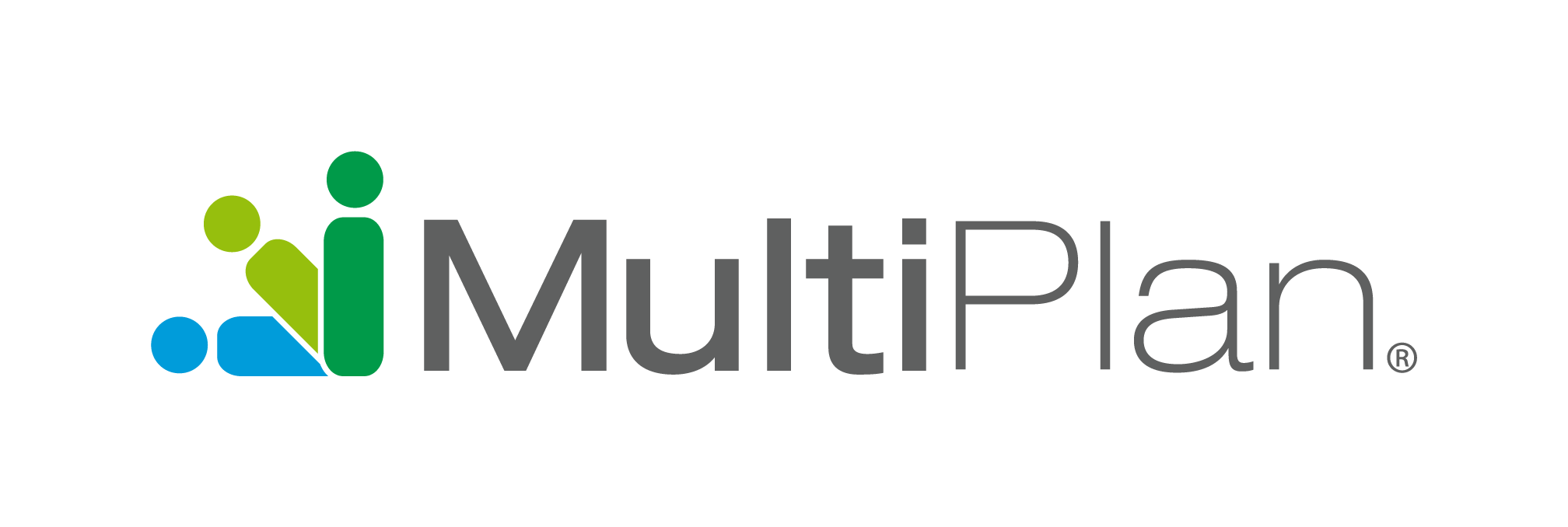The No Surprises Act (NSA) prohibits certain out-of-network providers from billing enrollees for any balance remaining after the health plan pays its portion of a surprise bill. However, the NSA does allow an exception in some non-emergency situations where the enrollee consents to waive the balance billing protections upon receipt of written notice from the provider.
What are the requirements for the notice and consent?
- Must be in writing, on paper or in electronic form if chosen by the enrollee
- Must disclose the provider’s non-participating status
- Must list the participating providers that the enrollee could see instead in certain circumstances
- Must provide a good faith estimate of the enrollee’s estimated charges (including a breakout of separate services)
- Must include a statement that prior authorization or other care management limitations may be required in advance of services
- Must be translated into the 15 most common languages in the facility’s geographic area; if the enrollee’s preferred language is not among those available, notice and consent cannot be satisfied unless the provider obtains a qualified interpreter to assist the enrollee with the notice and consent documents
- May not be buried among other documents, but rather must be given to the patient separately from other documents
- Consent must acknowledge that enrollee has received the notice, and understands they may be balance billed and subject to cost-sharing requirements, and that amounts paid may not accrue towards in-network deductibles or out-of-pocket maximums under their plan coverage
Standard written notice and consent forms are available at:
https://www.cms.gov/httpswwwcmsgovregulations-and-guidancelegislationpaperworkreductionactof1995pra-listing/cms-10780
What is the process providers must follow?
- Notice must be given at least 72 hours prior to the out-of-network service, or on the day of the appointment (at least 3 hours before) if the out-of-network service is scheduled less than 72 hours in advance
- A copy of the signed consent form must be provided to the enrollee
- Providers must inform the plan if an enrollee consents to out-of-network care, and provide a copy of the consent to the plan
- An in-network facility (e.g., hospital) may provide the notice and consent forms on behalf of a non-participating provider (e.g., physician)
- Multiple non-participating providers may join on a single notice so that the patient can consent to waiving NSA protections for multiple providers all at once
- Notice must identify each provider by name, identify the care that each provider will furnish, provide a good faith estimate for each provider’s costs, and give the option to consent to waive NSA protections separately for each provider
- A patient can pick and choose the providers and type of care where they are willing to waive the NSA’s protections, including some, none, or all providers or care listed on the notice
- Providers can refuse to provide non-emergency care if the patient refuses to consent to being balance billed, but the patient cannot be charged a fee for an appointment that is cancelled because the patient will not consent (or revokes consent)
- Providers must retain the written consent forms for at least 7 years
Are there instances when an enrollee cannot be asked to sign a consent waiver?
Yes, enrollees cannot be asked to sign a consent waiver for the following:
- Emergency services (other than post-stabilization services when certain conditions are met)
- Air ambulance services
- Non-emergency services if:
- There is no in-network provider available in the facility.
- Care is for unforeseen, urgent medical needs (either non-emergency care or post-stabilization services). For example, a patient can consent to waive NSA protections for items and services furnished by non-participating providers related to a knee surgery, but not for items and services furnished in response to unforeseen, urgent medical needs that arise during the knee surgery.
- The provider furnishes ancillary services that a patient typically does not select. Ancillary services currently include emergency care, anesthesiology, pathology, radiology, neonatology; care provided by assistant surgeons, hospitalists, intensivists; and diagnostic services, including radiology and laboratory services.
Conclusion
There are times when enrollees intentionally seek non-emergency care from a non-participating provider. When these services are outside of the instances when an enrollee cannot be asked to sign a consent waiver (discussed above), the NSA allows non-participating providers to obtain consent to furnish the out-of-network services and retain their right to bill the patient for any balance remaining after the plan pays its portion.
Learn how MultiPlan’s Surprise Billing Service can help you comply with requirements of the No Surprises Act.
The information provided on this website does not, and is not intended to, constitute legal advice; instead, all information, content, and materials available on this site are for general informational purposes. If you have questions about how the No Surprises Act applies to your organization, please consult your legal counsel.

